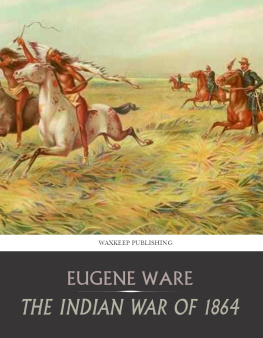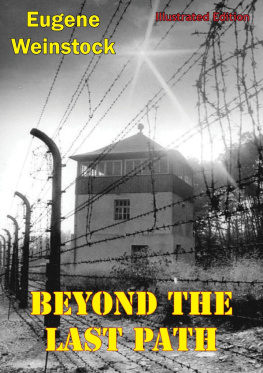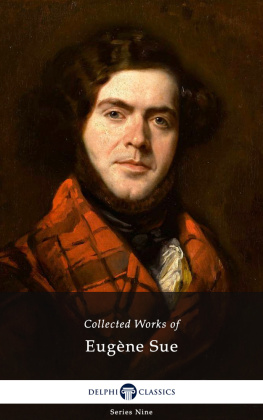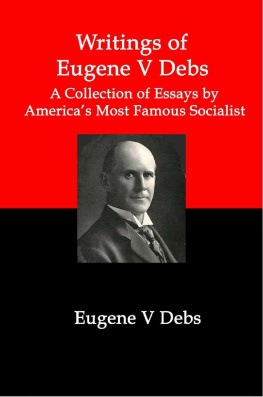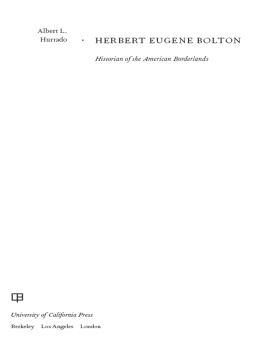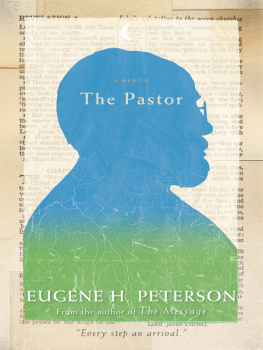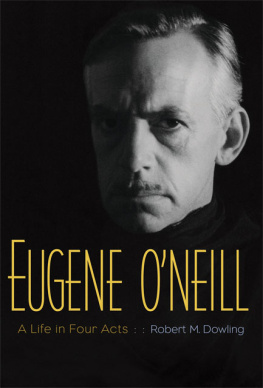By L. HIGGIN
WITH CHAPTERS ON
PORTUGUESE LIFE IN TOWN AND
COUNTRY, BY EUGNE E. STREET
ILLUSTRATED
G.P. PUTNAM'S SONS
NEW YORK AND LONDON
The Knickerbocker Press
1904
Copyright , 1902
by
G.P. PUTNAM'S SONS
Published, May, 1902
Reprinted, February, 1903
May, 1904; September, 1904
The Knickerbocker Press, New York
NOTE BY THE EDITOR
It has been thought well to include Portugal in this volume, so as to embrace the entire Iberian Peninsula. Though geographically contiguous, and so closely associated in the popular mind, the Spanish and Portuguese nations offer in fact the most striking divergences alike in character and institutions, and separate treatment was essential in justice to each country. The preferential attention given to Spain is only in keeping with the more prominent part she has played, and may yet play, in the history of civilisation.
I am indebted for the chapters on Portugal to Mr. Eugne E. Street, whose long and intimate acquaintance with the land and its people renders him peculiarly fitted to draw their picture.
L. HIGGIN.
Decorative motif
CHAPTER I
LAND AND PEOPLE
O nly in comparatively late years has the Iberian Continent been added to the happy hunting-grounds of the ordinary British and American tourist, and somewhat of a check arose after the outbreak of the war with America. To the other wonderful legends which gather round this romantic country, and are spread abroad, unabashed and uncontradicted, was added one more, to the effect that so strong a feeling existed on the part of the populace against Americans, that it was unsafe for English-speaking visitors to travel there. Nothing is farther from the truth; there is no hatred of American or English, and, if there had been, they little know the innate courtesy of the Spanish people, who fear insult that is not due to the overbearing manners of the tourist himself.
To-day, however, everyone is going to Spain, and as the number of travellers increases, so, perhaps, does the real ignorance of the country and of her people become more apparent, for, after a few days, or at most weeks, spent there, those who seem to imagine that they have discovered Spain, as Columbus discovered America, deliver their judgment upon her with all the audacity of ignorance, or, at best, with very imperfect information and capacity for forming an opinion.
For many years, the foreign element in Spain was so small that all who made their home in the country were known and easily counted, while those who travelled were, for the most part, cultivated peopleartists, or lovers of art, or persons interested in some way in the commercial or industrial progress of the nation. Even in those days, however, too many tourists spent their time amongst the dead cities, remnants of Spain's great past, and came back to add their quota to the sentimental notions current about the romantic land sung by Byron. Wrapped in a glamour for which their own enthusiasm was mainly responsible, they beheld all things coloured with the rich glow of a resplendent sunset; their descriptions of people and places raised expectations too often cruelly dispelled by facts, as presented to those of less exuberant imaginations.
PEASANTS PEASANTS | PEASANTS PEASANTS |
On the other hand, the mere British traveller, knowing nothing of art, almost nothing of history, and very little of anything beyond his own provincial parish, finds all that is not the commonplace of his own country, barbarous and utterly beneath contempt. His own manners, not generally of the best, set all that is proud and dignified in the lowest Spaniard in revolt; he imagines that he meets with discourtesy where, in fact, he has gone out to seek it, and his own ignorance is chiefly to blame for his failure to understand a people wholly unlike his own class associates at home. He, too, returns, shaking the dust off his feet, to draw a picture of the land he has left, as false and misleading as that of the dreamer who has overloaded his picture with colour that does not exist for the ordinary tourist. Thus it too often comes to pass that visitors to Spain experience keen disappointment during their short stay in the country. Whether they always acknowledge it or not, is another question. To hit the happy medium, and to draw from a tour in Spain, or from a more prolonged sojourn there, all the pleasure that may be derived from it, and to feel with those who, knowing the country and its people intimately, love it dearly, a remembrance of its past history and of its strange agglomeration of nationalities is absolutely necessary; nor can any true idea be formed of the country from a mere acquaintance with any one of its widely differing provinces. Galicia is, even to-day, more nearly allied to Portugal than to Spain, and it was only in 1668 that the independence of the former was acknowledged, and it became a separate kingdom.


